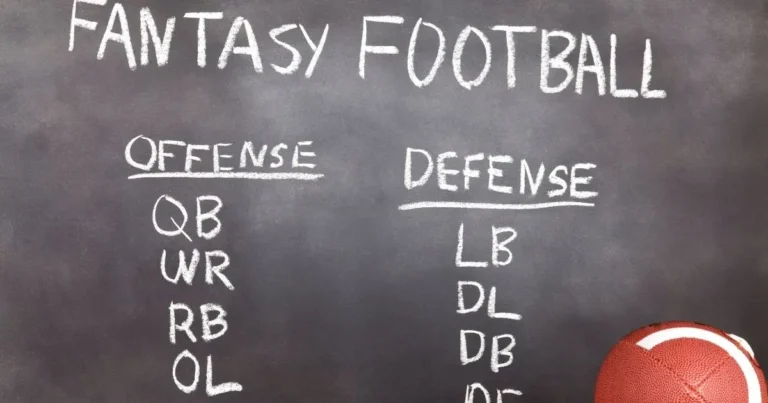Social Media and Litigation: Why You Need To Be Wary of Posting Online?~2 min read
It is common for most of our society to be on social media. At this point, even most of our grandparents have a Facebook page. While this is a great way to connect to people online, it also presents potential problems for those of us engaged in potential or ongoing litigation. As many people like to say, beware of what you post on social media! This is good general advice, but also good legal advice. Social media requests have become commonplace in litigation discovery requests, and courts are not as reluctant to order that information released.
The most common requests are for Facebook posts. While most Courts will not allow complete access to a Facebook page of a party, they will look into specific posts related to the issue at trial. So, for example, assume a person is involved in a car accident. They were injured, but for the most part, escaped serious injury. After the accident, the person posts that they are lucky to survive, but are going to sue the other driver and get a big judgment and they want money. Lots of money. Further, as the case goes on, this same person posts multiple times images of them running marathons, doing strong man competitions, and playing sports. In this situation, almost all of those posts can be made public. This is because they go to the actual issues in the case, and the damages claim for the injured party. The post about wanting money can be argued as they are looking to just get paid, and not that they are actually really injured. The posts about their physical activity can be used to show they aren’t hurt. In these situations, those posts can be used against a person.
These posts can also help. Let’s say the same person is really badly injured, and their social media posts cover their recovery from their injuries. There are posts and pictures of them in rehab and physical therapy, post-surgical pictures, and even posts from their friends on their page lamenting how difficult everything has been for them. These can be used to support the claimed damages.
Regardless, all of us have to be conscious that our social media posts are for the most part public, and can be used against us. Some of us are aware of this anyways in how we see Twitter and Facebook posts go “viral”. It’s important to be careful about what we post online, especially if you are in litigation. We often advise clients to reduce their posting, and while that is more difficult for the younger generation, it often helps in the underlying case.
At Parnell, Michels & McKay, we stay apprised of all developments in the law, including how social media affects our clients and their cases. If you are involved in potential litigation and need legal help, contact us to find out how to protect yourself.
Our firm blends advocacy oriented practice with effective practical solutions for all our clients in Londonderry, N. Woodstock, and throughout New Hampshire. The attorneys at Parnell, Michels & McKay provide effective representation and counseling to assist our clients facing legal questions. We simplify the process so our clients can understand and are able to participate as partners in the resolution.
Our practice includes personal injury law such as motor vehicle accidents, falls, dog bites, workers compensation, social security disability, and other injuries.
We also practice family law, including divorce, post-divorce, unwed custody and property division, and collaborative divorce, and have extensive experience in bankruptcy, probate, boundary disputes, estate planning, corporate formation and other real estate litigation.















